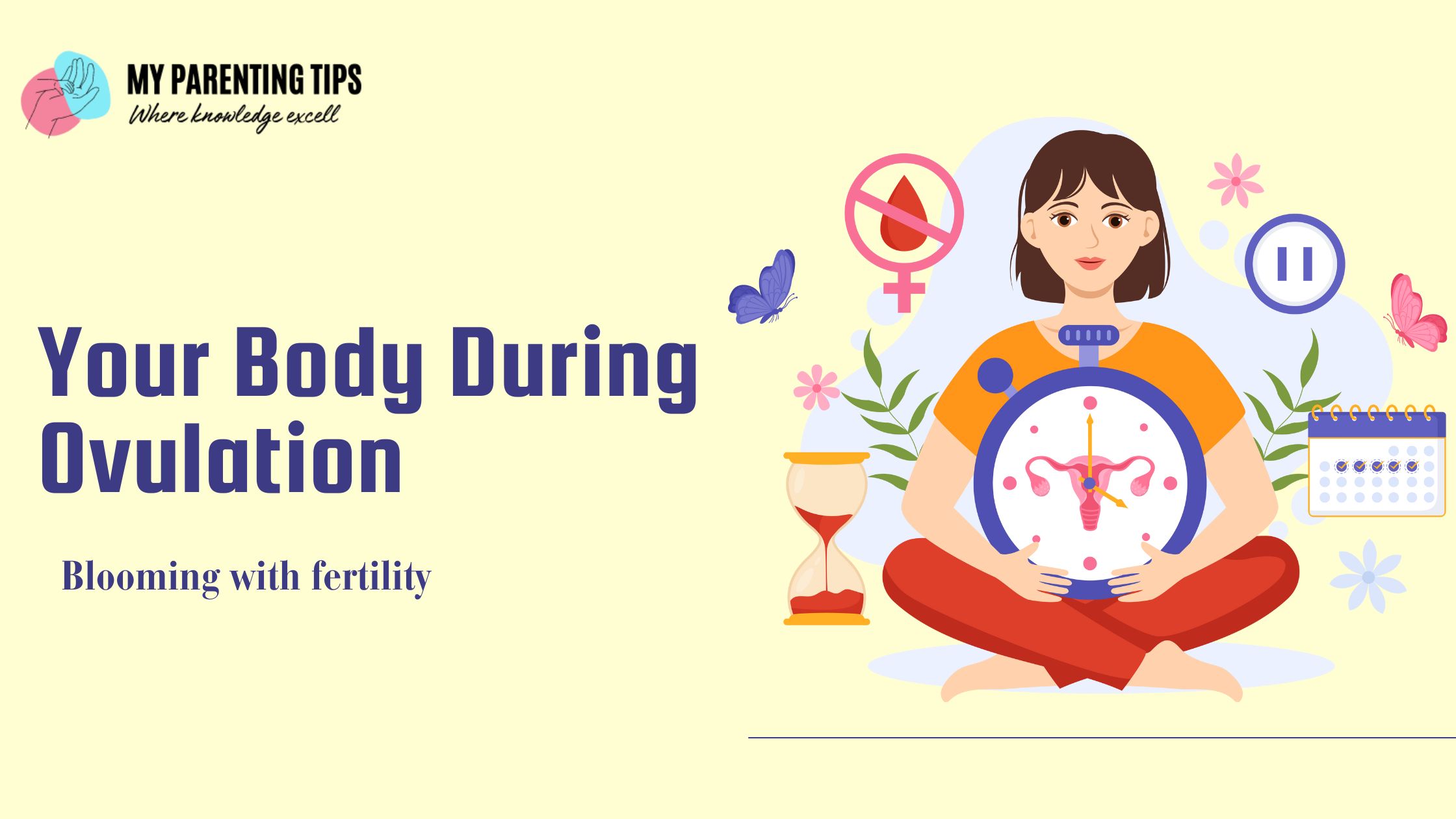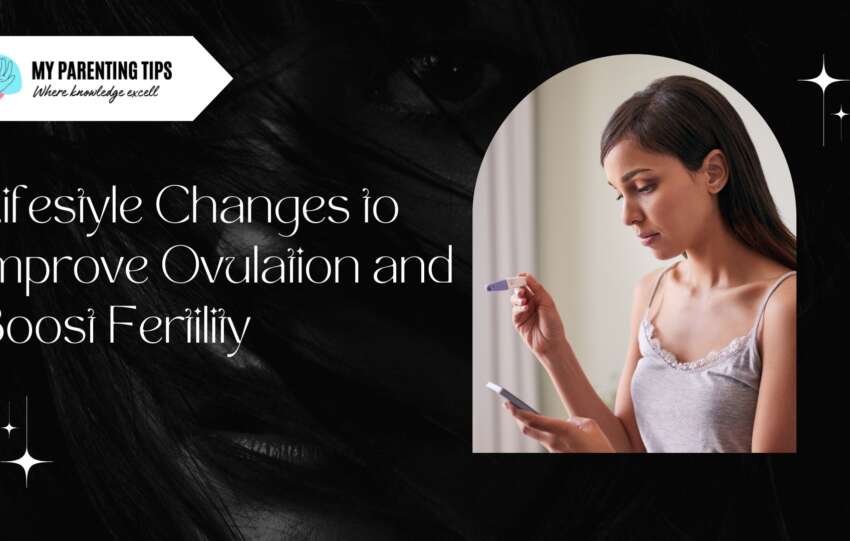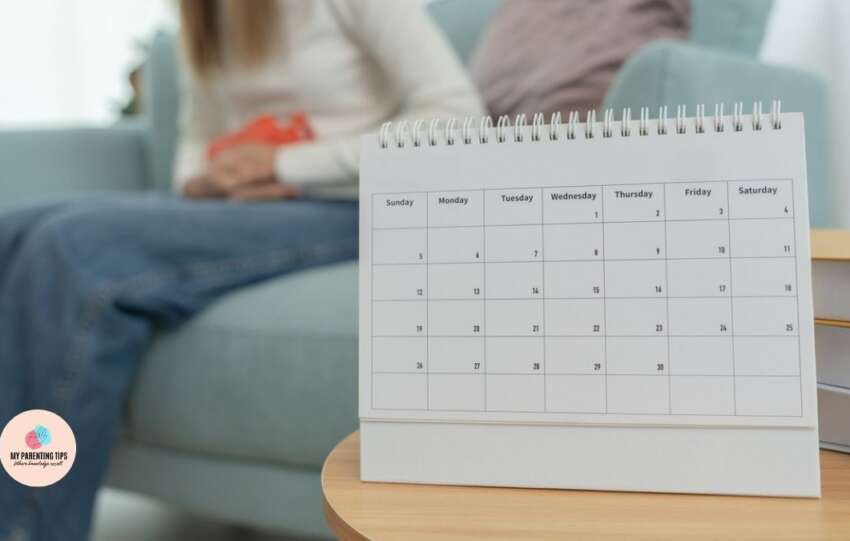What Happens to Your Body During Ovulation?

“This blog covers hormonal shifts, major symptoms and the egg releasing process. It provides understanding of your fertility window, tracking of your ovulation cycle, and advice on promoting reproductive health. Ideal for everyone trying to find more about their fertility and physique.”
The menstrual cycle is the fundamental component and a necessary phase of conception is ovulation. It occurs when a mature egg comes out of the ovary and is hence reachable for fertilization. Understanding the changes in your body during ovulation will help you to control your reproductive life, track your fertility window, and spot major signs.
The Ovulation Cycle: An Overview
The ovulation cycle is complicated and under control by the body hormonal changes. Usually occurring on day fourteen of a 28-day menstrual cycle, ovulation produces a developed egg from the ovary. Individual cycles will still change this chronology.
The Cycle Breaks Out Here:
- Follicular Phase: The first half of the cycle, known as the follicular phase, sees ovary follicles sprout and grow.
- Ovulation Phase: Mature eggs emerge from the dominant follicle during the ovulation period.
- Luteal Phase: Should fertilization not take place, the body begins a new cycle or gets ready for possible pregnancy.
Hormonal Changes During Ovulation
As a result of an increase in luteinizing hormone (LH) the dominant follicle is stimulated to develop an egg which ultimately leads to the onset of ovulation. Oestrogen which reaches its highest level prior to ovulation and progesterone which then begins to rise after the egg has been delivered both have a role in facilitating this process. When these hormones are taken simultaneously they enable the uterus to prepare itself for the possibility of implantation.
Signs of Ovulation
Knowing the ovulation symptoms helps you to identify your most fertile days. Typical symptoms consist of:
- Variations in Cervical Mucus.
- Basal Body Temperature Rising
- Mild Pelvic Pain.
- Heightened Sense of Smell.
- Breast Tenderness.
The Egg Release Process
The dominant follicle sheds a mature egg into the fallopian tube during ovulation. The window of viability for this egg is somewhat brief, about 12 to 24 hours. Should it encounter sperm at this period, fertilization is likely to result. If not, the cycle keeps on until the egg breaks down.
Your Fertility Window
The days before and through ovulation comprise the reproductive window. With sperm able to survive in the female reproductive canal for up to five days, the viable period runs roughly six days. For those seeking to conceive or avoid pregnancy tracking your fertility window is absolutely vital.
Ovulation Symptoms: What to Expect?
During ovulation, your body changes obviously. Here’s what to look for:
- Energy Boost: Rising estrogen levels make many people more motivated and active.
- Mood Changes: Often leading to higher confidence and social conduct, hormonal changes can influence mood.
- Increased Libido: Many people find their sex urge naturally rising during ovulation.
- Skin Changes: Hormonal activity can cause either mild acne or a brilliant complexion.
How to Track Ovulation?
Monitoring ovulation will enable you to grasp your cycle and fertility. These are some practical techniques:
1. Calendar Method
- How it works: This approach uses tracking of your menstrual cycle’s duration over several months to forecast when ovulation might take place.
- Pros: Simple, free, and devoid of specific instruments is one advantage.
- Cons: Least accurate approach, particularly for irregularly cycling people. It supposes, which isn’t usually the case, ovulation occurs 14 days before your period.
You can also check What is Ovulation & When Does Ovulation Occur?
2. Base Body Temperature (BBT) Managing: Tracking
How it operates: Before getting out of bed first thing in the morning, take your temperature. Just before ovulation, you will find a small drop in temperature; following ovulation, the temperature will climb steadily.
- Benefits: Include helping to verify ovulation has happened.
- Cons: Only shows ovulation following occurrence; requires constant daily monitoring; can be influenced by disease or other reasons.
3. Monitoring cervical mucus:
How it works: Methodology Track changes in your cervical mucus across your cycle. Usually starting dry or sticky, it moves from there to creamy, then watery and clear (like egg white), then back to sticky around ovulation.
- Pros: Might help you to determine when your most fertile is.
- Cons: Needs some work to precisely spot changes; other things like drugs or infections can affect them.
4. Ovulation Predictor Kits (OPKs):
- How this is done: Usually happens 24 to 36 hours before ovulation these kits detect a luteinizing hormone (LH) surge in your urine.
- Benefits: Include easy home use and more accuracy than calendar or BBT techniques.
- Cons: Might not be accurate for those with irregular cycles or specific medical disorders; can be costly.
Why Ovulation Matters?
One must understand ovulation if one of the important part for the ovulation:
- Conception: It suggests when would be the ideal time to try for conception.
- Family Planning: Natural approaches of family planning help to prevent pregnancy.
- Health Monitoring: Your Health Irregular ovulation could indicate underlying medical conditions such hormonal imbalances or PCOS.
Tips For Supporting Ovulation and Fertility
- Maintain a Healthy Diet: Maintain a decent diet, add dishes heavy in vitamins and minerals and antioxidants.
- Stay Active: Mild exercise enhances general reproductive function.
- Reduce Stress: Less stress will help to restore ovulation cycles.
- Get Enough Sleep: Hormonal balance is supported by quality slumber.
- Avoid Smoking and Alcohol: Steer clear of alcohol and smoking since they can lower general fertility and egg quality.
Typical Misunderstandings Regarding Ovulation
Myth: Every cycle the day ovulation takes place is the same.
Actually, stress, disease, or hormonal changes can all affect it.
Myth: Outside of the ovulation window, you cannot get pregnant.
Actually, sperm can live for several days, therefore increasing the duration of fertility.
Summary
A remarkable and vital step in the menstrual cycle is ovulation. Understanding the hormonal changes following your cycle and identifying the symptoms will help you to make wise decisions about your reproductive health. Knowing ovulation can help you much better grasp general health whether your goal is simple knowledge of your body or seeking to conceive.



